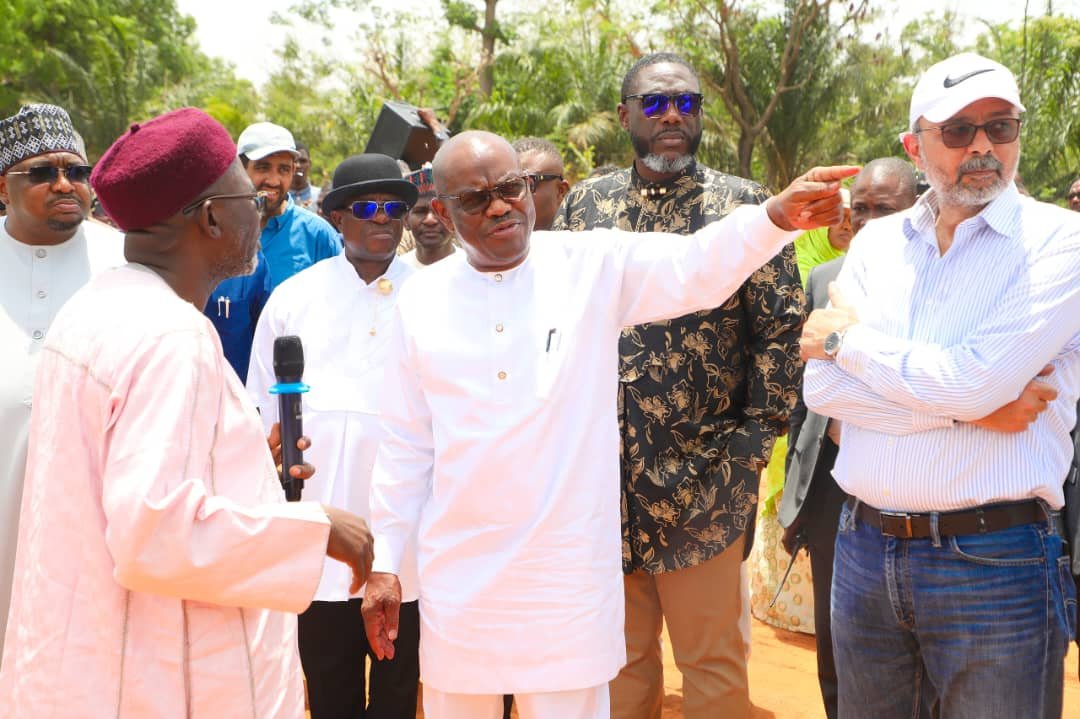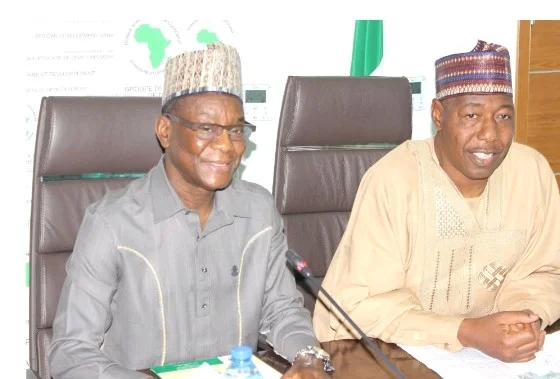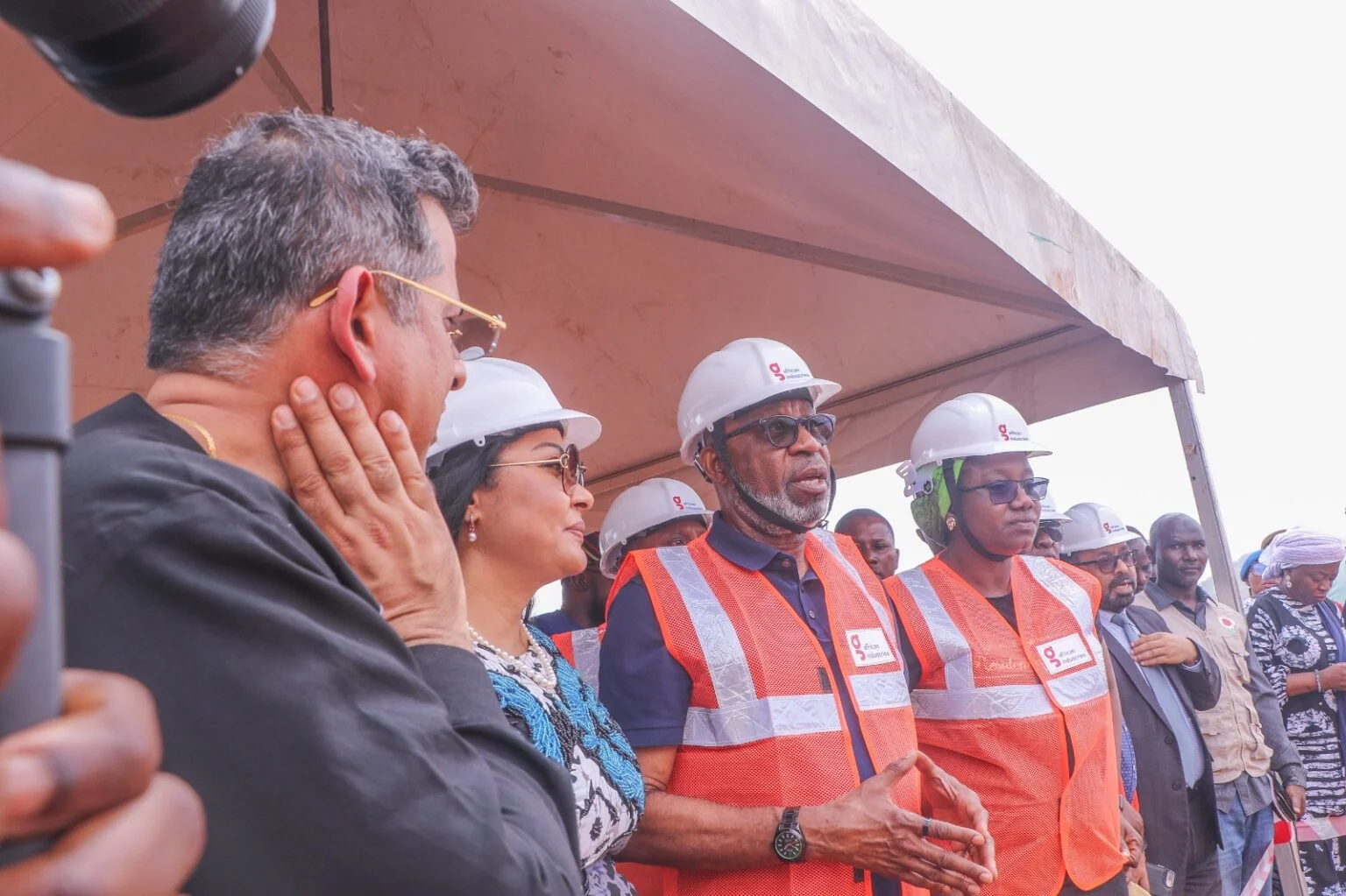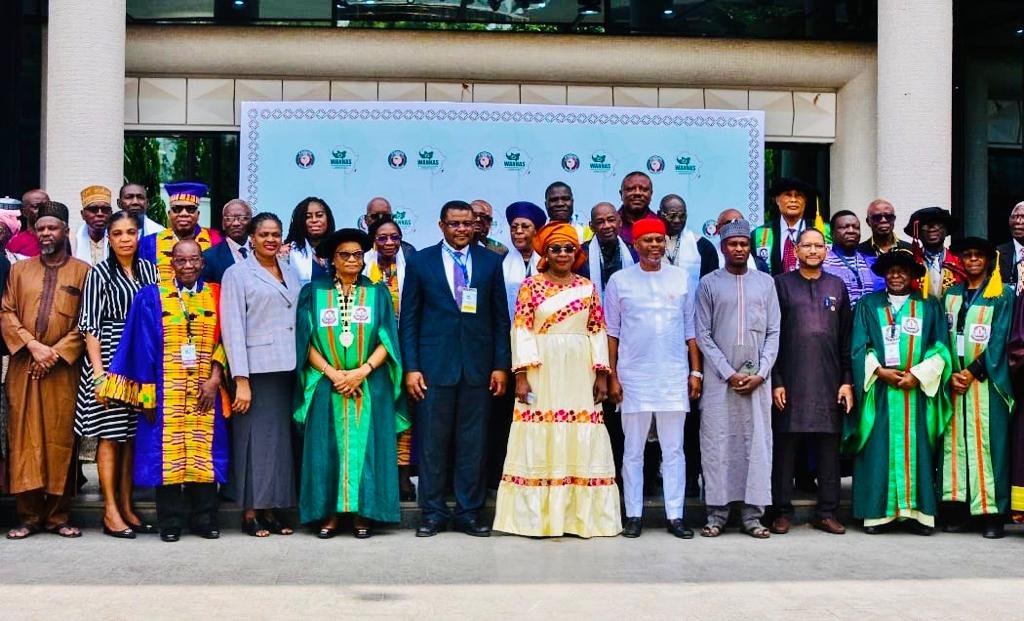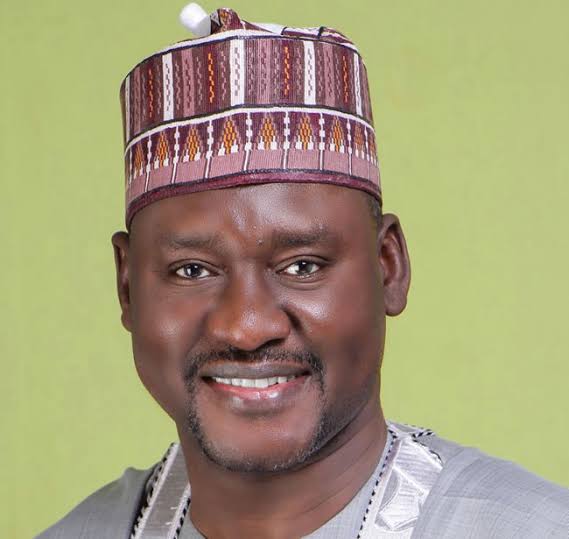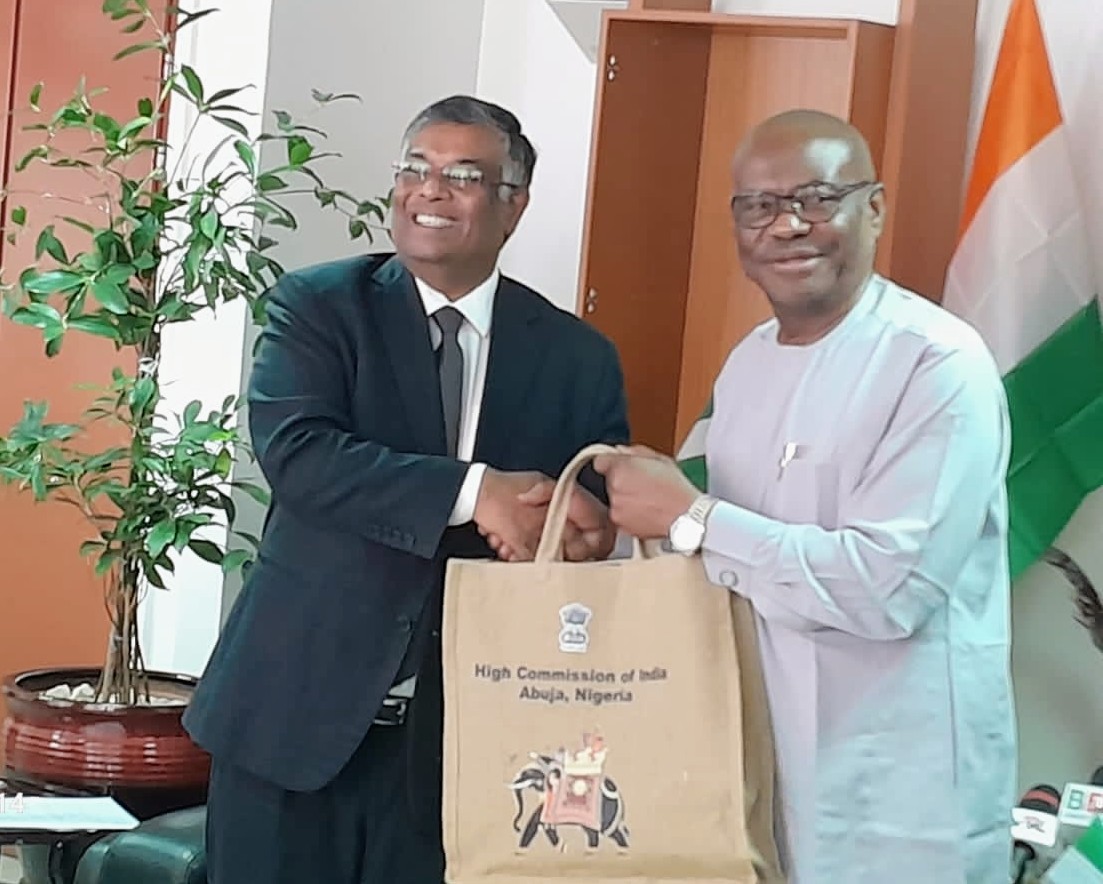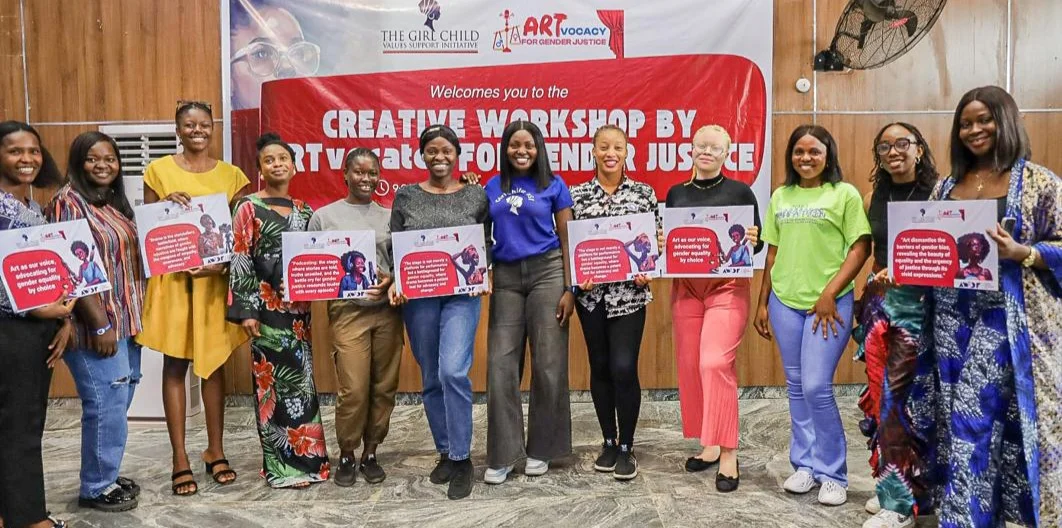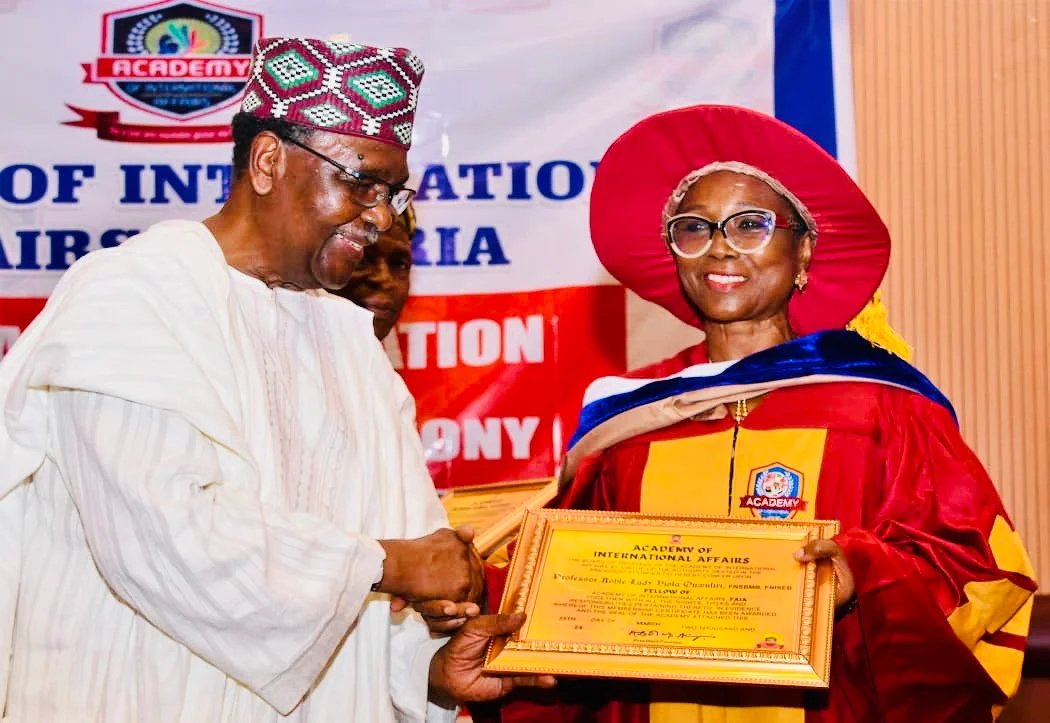By Diana Omueza
International Alert, a global peace-building organisation, and the Nigeria Police have supported the clamour for community policing and called for collaboration for an effective and successful outcome.
They made this known at a National Stakeholders’ Retreat on Policing in Nigeria, organised by International Alert in Abuja on Wednesday.
The Country Director, International Alert, Dr Nyulaku-Bemshima, said the retreat was aimed at forging pathways towards an enhanced collaborative approach to policing, grounded in the mandates of the Police Act 2020.
According to Nyulaku-Bemshima, policing transcends mere law enforcement; it is the bedrock of societal harmony, safeguarding the rights and dignity of every citizen.
“Thus, our collective vision must extend beyond conventional boundaries, encompassing principles of equity, justice, and inclusivity.
“The Police Act 2020 serves as both a catalyst and a compass in our journey towards reform.
“It heralds an era of accountability, professionalism, and community engagement within law enforcement agencies.
“However, its full realisation hinges upon the concerted efforts of all stakeholders, the Police, academia, civil society organisations, and our invaluable development partners,” he said.
Nyulaku-Bemshima said that policing rooted in trust, transparency, and respect for human rights that fostered collaboration, amplifying the voices of communities, and promoting dialogue over discord, was key.
To achieve the vision, he said collaboration should not merely be an option but imperative.
He, therefore, encouraged stakeholders to bring unique perspectives, expertise, and resources to the table.
“By synergising our efforts, we can bridge the gap between theory and practice, translating lofty ideals into tangible realities on the ground,” he said.
The Deputy Inspector-General (DIG) Training, Nigeria Police Force Headquarters, Frank Mba, said the retreat marked the beginning of a journey towards establishing a community of practice on policing.
The retreat, he added, was a platform for stakeholders to exchange ideas, best practices, and innovative solutions.
The News Agency of Nigeria (NAN) reports that Mba was represented by the Assistant Inspector-General (AIG) Training and Development, Yetunde Longe.
According to him, the Police Act 2020 provides the framework within which law enforcement agencies operate, emphasising the principles of transparency, accountability, and community engagement.
“Community policing is not just a concept; it is a philosophy that embodies the idea of shared responsibility and mutual respect between law enforcement agencies and the communities they protect.
“By working together, we can create safer neighbourhoods, build stronger relationships, and address the root causes of crime and insecurity.
“Your expertise, insights, and feedback are invaluable as we strive to enhance the effectiveness and responsiveness of our policing efforts,” he said.
He encouraged all to actively participate, share their perspectives, and engage in constructive dialogue throughout the discussion.
“Together, we can drive meaningful change, strengthen police-community relations, and build a safer, more inclusive society for all,” he said. (NAN)
Edited by Ifeyinwa Okonkwo and Moses Solanke




